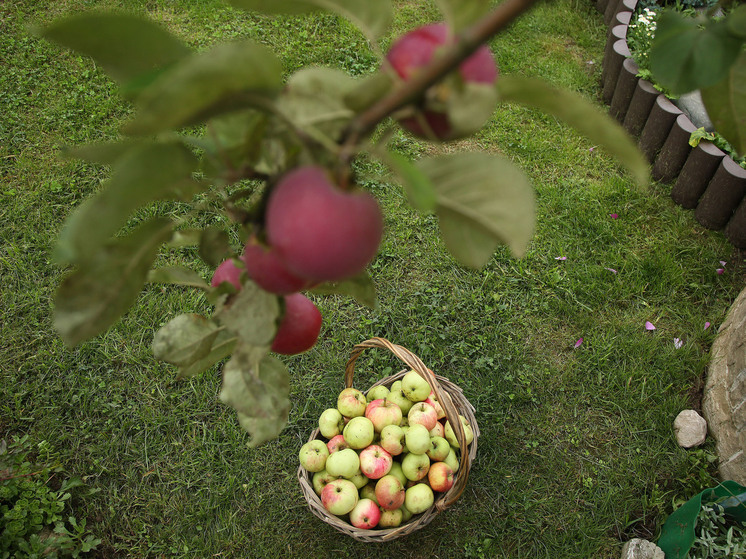Popular fruits have been identified that can reduce the impact of polluted air on the lungs.

Apples and oranges have demonstrated the ability to offset the damage caused by microparticles from industrial emissions.
A new study by British scientists has found that regularly eating fruit can significantly reduce the negative impact of air pollution on lung function, especially in women who consume four or more servings of fruit daily.

test banner under the title image
A study based on data from the UK Biobank, which contains health information from half a million volunteers, has brought encouraging news for city dwellers. Comparing people's diets with their lung function, researchers discovered a surprising pattern: those who regularly ate fruit had significantly less negative impacts from air pollution on their respiratory system. The protective effect was particularly noticeable in women who ate four or more servings of fruit per day—they experienced a 26 percent lower decline in lung function due to pollution compared to those who ate virtually no fruit.
Researcher Pimpika Kevsri, who presented these findings at the European Respiratory Society Congress in Amsterdam, explained: "For every increase in fine particulate air pollution from cars and factories, lung function in people who ate little fruit decreased by 78.1 milliliters. However, in women who ate a lot of fruit, this decrease was only 57.5 milliliters." The scientists attribute this protective effect to the antioxidant and anti-inflammatory compounds naturally found in fruit. These substances help reduce oxidative stress and inflammation caused by fine particulate pollution, potentially offsetting some of the harmful effects on the respiratory system.
Interestingly, this protective effect was weaker in men, which the researchers attribute to men generally reporting lower fruit consumption than women. Sara De Matteis, chair of the European Respiratory Society expert group, noted, "This confirms the potential benefits of a healthy diet, particularly one rich in fresh fruit, for respiratory health." However, she added an important caveat: access to healthy diets is unevenly distributed across the population, and even adjusting for socioeconomic status, the influence of additional factors cannot be completely ruled out.
Sarah Sleeth, executive director of the charity Asthma + Lung UK, emphasized the dilemma: "While eating more fruit isn't a substitute for taking prescribed medication, it can actually help our lungs when they're exposed to environmental stressors like air pollution." Experts note that fruits high in vitamins C and K are particularly protective, helping the lungs function properly in polluted conditions.
Friends of the Earth has identified numerous pollution hotspots in the UK where all four pollution thresholds—air, water, noise, and lighting—are exceeded. Health organizations are calling on the government to adopt stricter, legally binding air quality targets in line with World Health Organization recommendations, as air pollution disproportionately impacts the poorest and ethnic minorities, exacerbating health inequalities.

mk.ru





